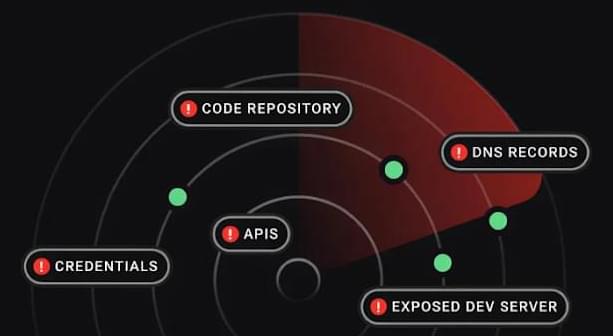#artificialintelligence #ai #technology #futuretech
This change will revolutionize leadership, governance, and workforce development. Successful firms will invest in technology and human capital by reskilling personnel, redefining roles, and fostering a culture of human-machine collaboration.
The Imperative of Strategy Artificial intelligence is not preordained; it is a tool shaped by human choices. How we execute, regulate, and protect AI will determine its impact on industries, economies, and society. I emphasized in Inside Cyber that technology convergence—particularly the amalgamation of AI with 5G, IoT, distributed architectures, and ultimately quantum computing—will augment both potential and hazards.
The issue at hand is not if AI will transform industries—it has already done so. The essential question is whether we can guide this change to enhance security, resilience, and human well-being. Individuals who interact with AI strategically, ethically, and with a long-term perspective will gain a competitive advantage and foster the advancement of a more innovative and secure future.








